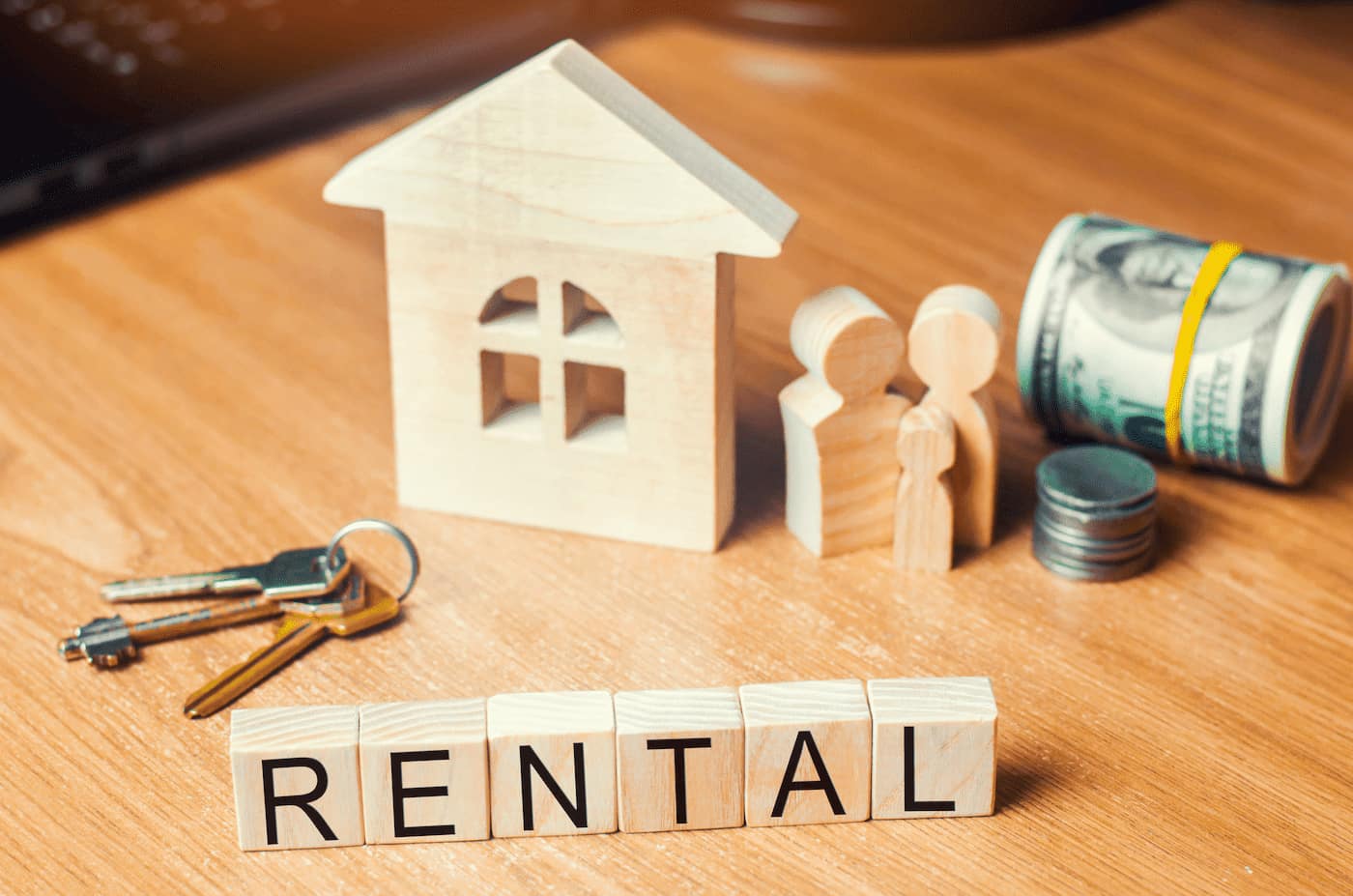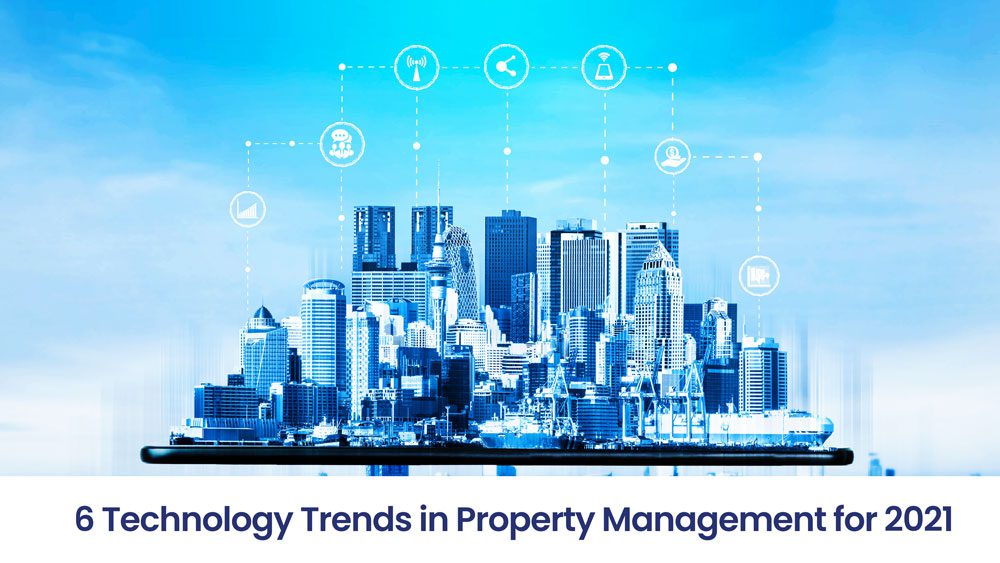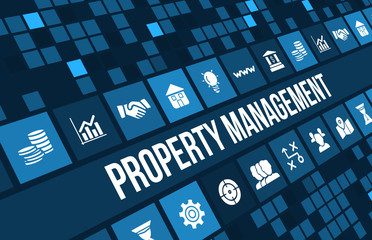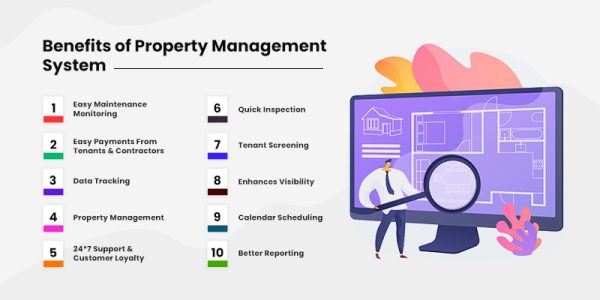Common Challenges in Tenant Management and How to Overcome Them
Tenant management is a crucial aspect of property management that can significantly impact the overall success and profitability of rental properties. While it offers numerous rewards, it also comes with a variety of challenges that property managers must navigate to ensure a smooth and positive experience for both landlords and tenants. From handling late payments to addressing maintenance issues, effective tenant management requires a combination of strong communication skills, organizational prowess, and a proactive approach. In this blog post, we will explore some of the most common challenges in tenant management and provide practical strategies to overcome them.
Common Challenges and Solutions
Effective Strategies for Property Managers to Handle Late or Missed Rent Payments
Challenge: One of the most frequent issues property managers face is late or missed rent payments. This can disrupt cash flow and create financial strain for property owners.
Solution:
Firstly, establishing clear payment terms in the lease agreement is crucial. Property managers should ensure that tenants fully understand the payment schedule, due dates, and any associated late fees. Effective communication is key; sending reminders via emails or texts can help tenants remember upcoming due dates. Additionally, offering incentives for timely payments, such as discounts or rewards, can motivate tenants to pay on time. Setting up an automated payment system can further streamline the process and reduce the likelihood of late payments.
Moreover, implementing a firm but fair late fee policy can deter tenants from delaying payments. Property managers should communicate this policy clearly and consistently enforce it to maintain its effectiveness. For tenants who frequently struggle with on-time payments, offering payment plans or financial counseling services can provide support while ensuring rent is collected. It’s also beneficial to establish a protocol for dealing with chronic late payers, including steps for eviction if necessary. By taking these proactive measures, property managers can effectively address and minimize the impact of late or missed rent payments on their operations.
Read More About Effective Tenant Retention Strategies
How Property Managers Can Efficiently Handle Maintenance and Repair Issues
Challenge: Tenants often report maintenance and repair issues that need immediate attention. Delays in addressing these problems can lead to tenant dissatisfaction and potential property damage.
Solution:Developing a streamlined process for handling maintenance requests is essential. Property managers should utilize property management software to track and prioritize issues, ensuring that no request is overlooked. Establishing relationships with reliable contractors and service providers enables quick responses to maintenance needs. Regular property inspections can also help identify potential problems before they escalate, allowing for proactive maintenance that keeps the property in good condition and tenants happy.
Moreover, clear communication with tenants about the process for reporting maintenance issues is crucial. Providing multiple channels for tenants to submit requests, such as online portals, phone calls, or email, ensures that they can easily report problems. Setting expectations about response times and keeping tenants informed about the status of their requests fosters transparency and trust. Additionally, maintaining a well-documented history of maintenance activities can help property managers identify recurring issues and plan for long-term property improvements. By implementing these strategies, property managers can handle maintenance and repair issues efficiently, ensuring tenant satisfaction and the overall upkeep of the property.

How can property managers effectively resolve tenant complaints and conflicts?
Challenge: Dealing with tenant complaints and conflicts can be time-consuming and stressful. Misunderstandings and disagreements can arise over various issues, from noise disturbances to parking disputes.
Solution:
First and foremost, fostering open and transparent communication with tenants is key. Encouraging tenants to voice their concerns early on and providing multiple channels for them to do so can help prevent conflicts from escalating. When conflicts do arise, property managers should approach them with a calm and empathetic attitude, seeking to understand the root cause of the issue. Mediating conflicts impartially and striving to find mutually agreeable solutions can help restore peace and harmony among tenants.
Additionally, documenting all complaints and resolutions is essential for maintaining a clear record of interactions. This not only helps in tracking the status of each complaint but also provides a reference point for future conflicts. Property managers should also establish and enforce policies regarding acceptable behavior on the property, such as noise restrictions and parking regulations, to prevent conflicts from occurring. By taking a proactive and communicative approach, property managers can effectively resolve tenant complaints and conflicts, creating a positive living environment for all residents.
Read More About Understanding Tenant Rights and Responsibilities
How can property managers effectively address and prevent lease violations?
Challenge: Tenants may violate lease terms by subletting without permission, having unauthorized pets, or engaging in illegal activities on the property.
Solution:Firstly, conducting thorough tenant screenings can help minimize the risk of lease violations. Property managers should verify potential tenants’ rental history, creditworthiness, and criminal background to ensure they are reliable renters. Clearly outlining the rules and consequences of lease violations in the lease agreement is also crucial. Tenants should be aware of what is expected of them and the repercussions of violating the lease.
Regular property inspections can help identify and address potential violations early on. Property managers should be vigilant in monitoring the property for any signs of unauthorized occupants, pets, or illegal activities. When lease violations occur, property managers should take swift and appropriate action. This may include issuing warnings, imposing fines, or starting eviction proceedings, depending on the severity of the violation. By being proactive and enforcing the terms of the lease consistently, property managers can effectively address and prevent lease violations, ensuring a positive rental experience for all tenants.
How Property Managers Can Reduce Tenant Turnover and Minimize Vacancies
Challenge: High tenant turnover and prolonged vacancies can lead to lost rental income and increased marketing and refurbishment costs.
Solution:
One approach is to focus on tenant retention by creating a positive living environment. Property managers should respond promptly to tenant needs and address any concerns or maintenance issues quickly. Building good relationships with tenants can also increase their likelihood of renewing their leases. Offering lease renewal incentives, such as discounted rent or upgraded amenities, can further encourage tenants to stay.
Moreover, when vacancies do occur, property managers should use targeted marketing strategies to attract high-quality tenants quickly. This may include advertising on relevant platforms and in local publications, as well as leveraging social media and online rental platforms. Ensuring that the property is well-maintained and appealing to potential tenants can also help minimize vacancies. Additionally, offering flexible lease terms, such as month-to-month or short-term leases, can attract a broader range of renters. By focusing on tenant retention and implementing effective marketing strategies, property managers can reduce tenant turnover and minimize vacancies, ultimately maximizing rental income.
Cities where our Tenant Management Services are offered :
- Tenant Management in Hyderabad
- Tenant Management in Vijayawada
- Tenant Management in Vizag
- Tenant Management in Guntur
Conclusion
Effective tenant management is essential for maintaining the value and profitability of rental properties. By proactively addressing common challenges such as late rent payments, maintenance issues, tenant conflicts, lease violations, and high turnover rates, property managers can create a positive and stable rental environment. Utilizing clear communication, efficient processes, and a fair approach will not only enhance tenant satisfaction but also contribute to the long-term success of the property. By implementing these strategies, property managers can overcome the challenges of tenant management and ensure a harmonious and productive relationship with their tenants.
Related Posts
The Best Residential Plots for Sale in Amaravati
The Best Residential Plots for Sale in Amaravati: A Comprehensive Guide Amaravati, the vibrant capital…
Top Locations for CRDA Approved Plots in Amaravathi
Top Locations for CRDA Approved Plots in Amaravathi Choosing the right location for investing in…
Why Invest in CRDA Approved Plots in Amaravathi
Why Invest in CRDA Approved Plots in Amaravathi Investing in CRDA (Capital Region Development Authority)…
How to Create a Tenant-Friendly Property: Tips for Landlords
Title: Why Invest in CRDA Approved Plots in Amaravathi Investing in CRDA (Capital Region Development…
The Role of Technology in Modern Property Management
Streamlining Property Management: The Impact of Technology in Modern Real Estate In the ever-evolving landscape…
Common Challenges in Tenant Management and How to Overcome Them
Common Challenges in Tenant Management and How to Overcome Them Tenant management is a crucial…
Essential Qualities to Look for in a Property Management Company
Essential Qualities to Look for in a Property Management Company Choosing the right property management…
Tips for Building a Strong Community in Multi-Family Rental Properties
10 Proven Strategies for Cultivating a Thriving Community in Multi-Family Rental Properties In the realm…
Best Practices for Conducting Background Checks on Potential Tenants
Ensuring Reliable Tenants: Best Practices for Background Checks In the realm of property management, securing…
Integrating Advanced Tech in Property Management
Integrating Advanced Technology into Property Management Services for Enhanced Efficiency In an era defined by…
Cost-Effective Solutions for Managing Maintenance in Property Management Services
Cost-Effective Solutions for Managing Maintenance in Property Management Services. In the realm of property management…
The Role of Property Management in Community Living
The Role of Property Management in Community Living Property management plays a pivotal role in…
Effective Tenant Retention Strategies
Effective Tenant Retention Strategies Effective tenant retention strategies are essential for landlords and property…
Benefits of Professional Property Management for Overseas Investors.
Benefits of Professional Property Management for Overseas Investors. Professional property management offers invaluable benefits for overseas…
The Future of Real Estate: Trends in Property Management
The Future of Real Estate: Trends in Property Management The future of real estate holds…

















